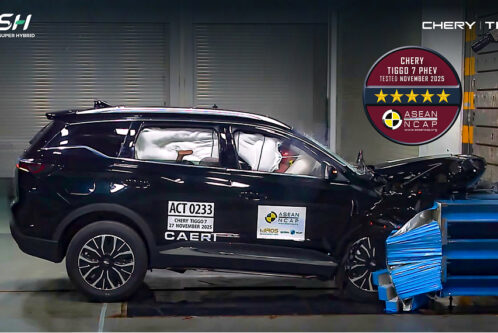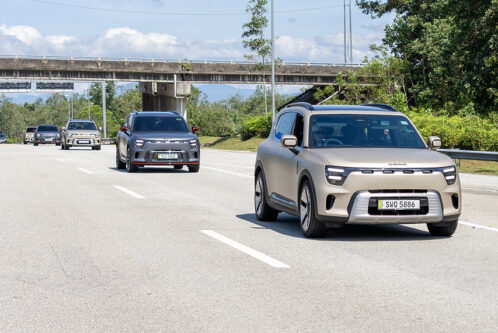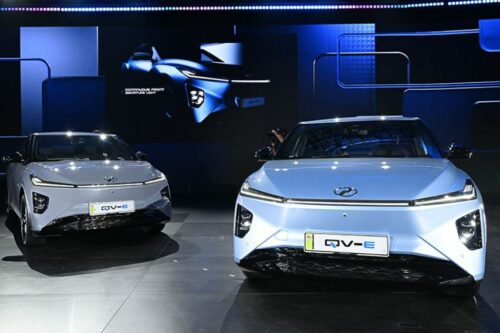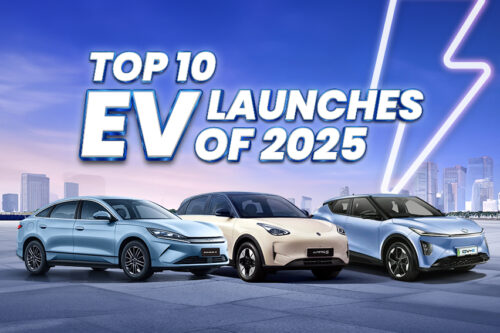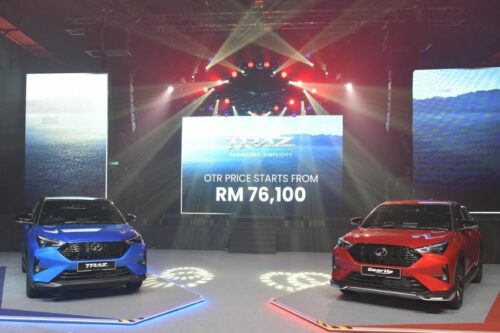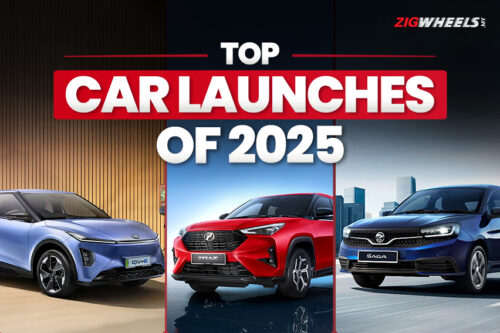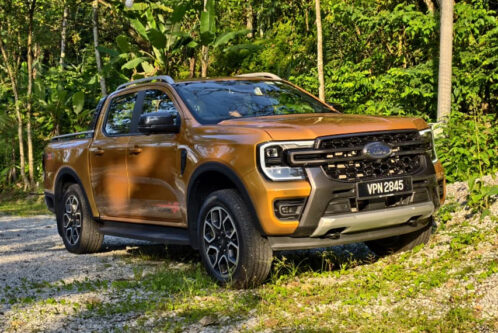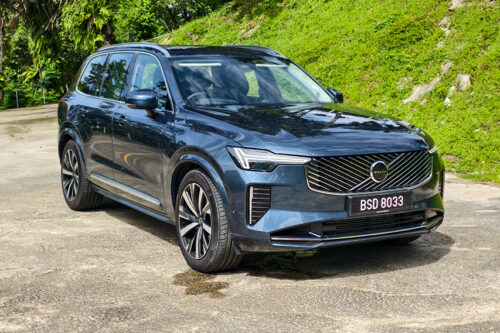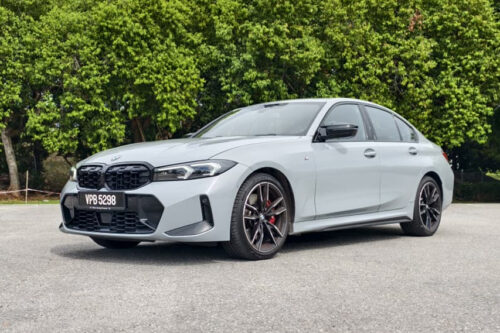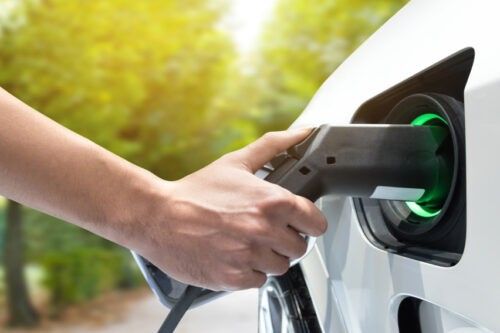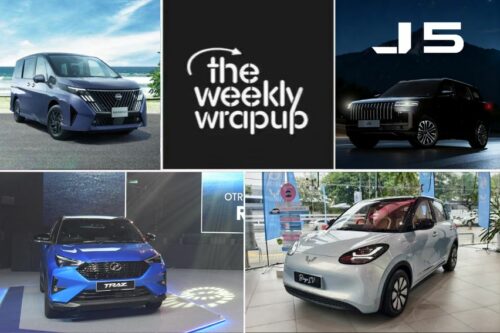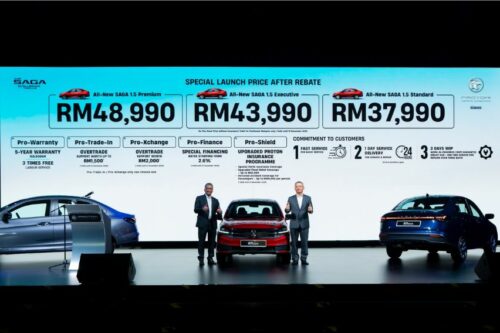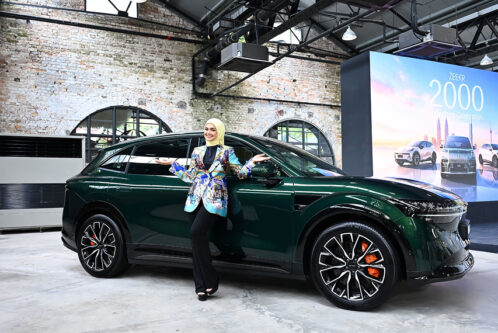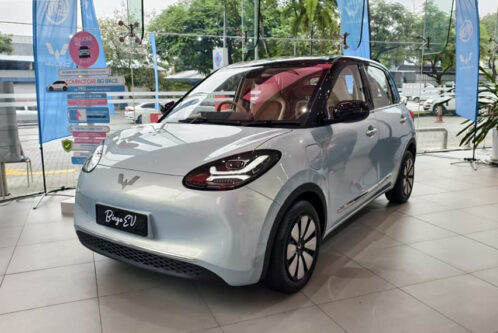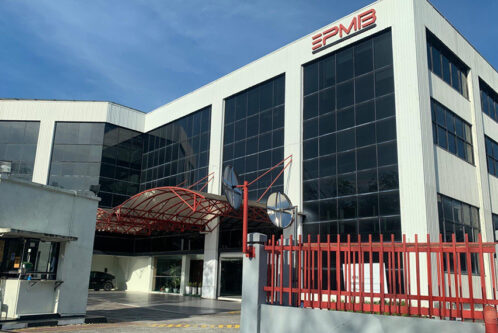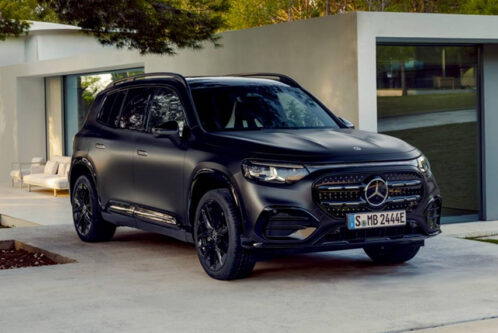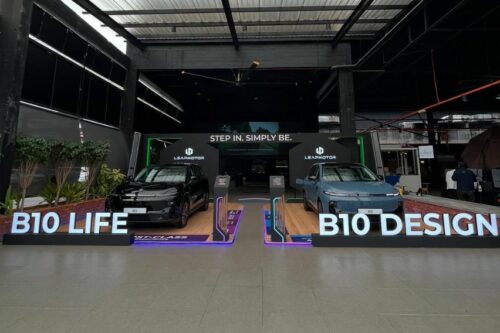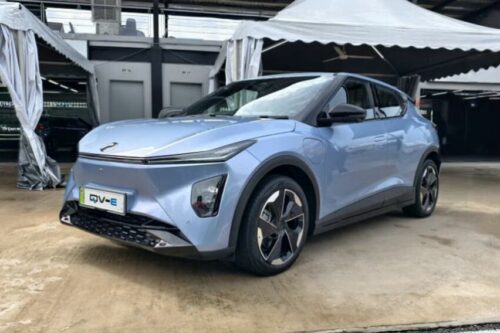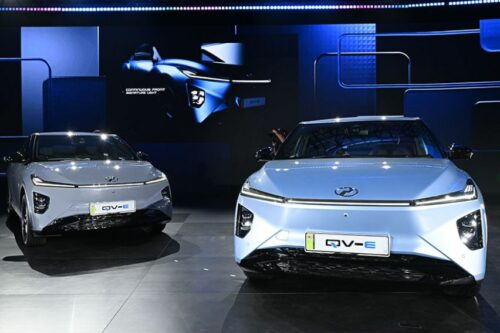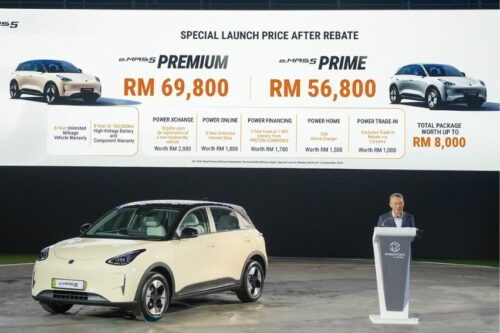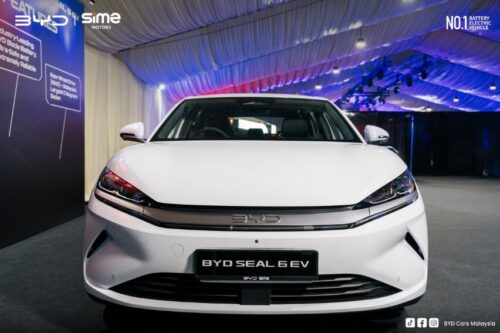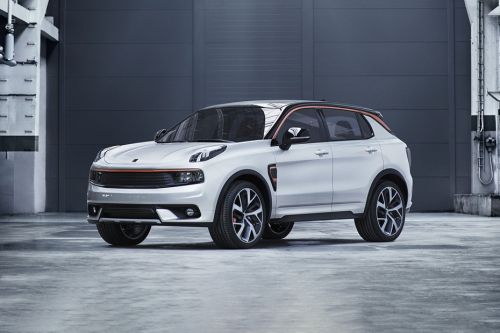Will we get an electric car for the mass population?
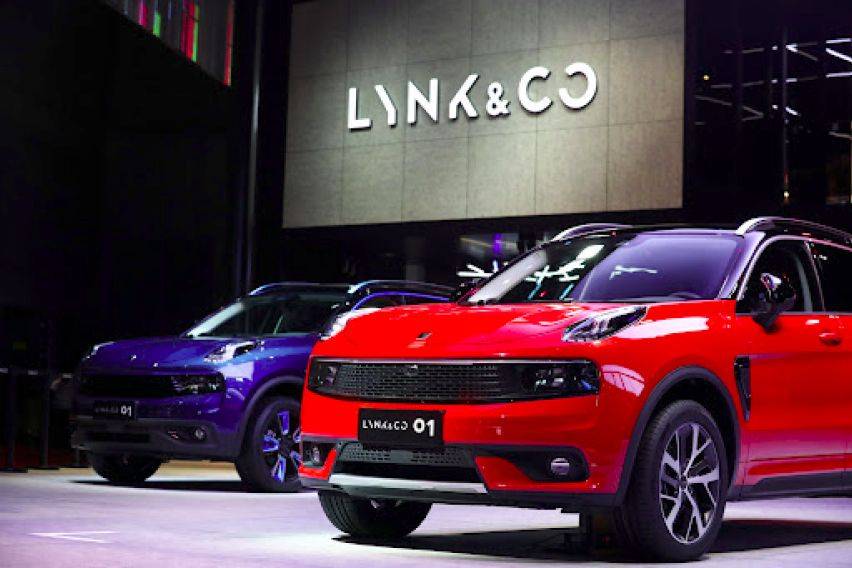
Right now and in the near future, it does not make any sense for Japanese and also Korean car manufacturers to launch low-priced electric cars in Malaysia, even with zero import duties from the Malaysian government? Why, because of selling price and sales volume.
One biggest hurdle is the selling price against our Malaysian currency value. Right now our Malaysian currency is not favourable against the Euro, Pound Sterling, and also US Dollar, so importing an electric car from Europe, Korea or Japan makes little sense unless it is a luxury electric car targeted at rich Malaysians. Brands like Porsche, Volvo, BMW, and Mercedes have this advantage.
Meanwhile, our car import tax structure favours in a big way the National Car Brands, Perodua, and Proton. Both have partnerships with major car manufacturers that already have proven electric cars in their portfolio. The Japanese auto manufacturers who have invested heavily in large assembly and manufacturing in Malaysia only enjoy a smaller tax incentive. This is why they cannot challenge the sales volumes of national cars.
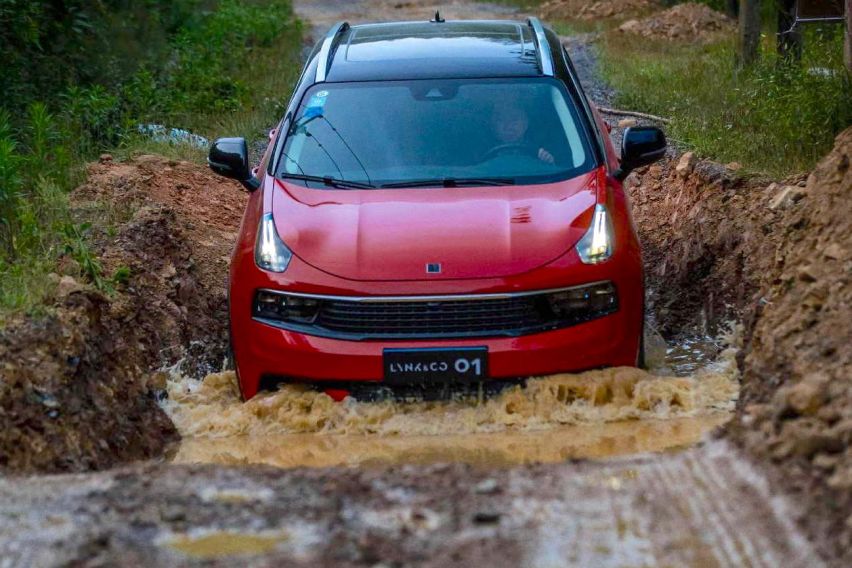
It must be noted that the production cost of electric cars anywhere in the world (including China) is more expensive as battery costs are still high, due to economies of scale (which is low total sales as compared to petrol-powered cars).
Also, the research and development costs of electric cars have not yet been paid off and will take some years.
Proton is in partnership with Geely Auto and they have electric vehicle (EV) brands like Lynk & Co which could easily be rebadged as a Proton however it is arriving here as Lynk & Co very soon.
However, both Proton and Perodua have good localised tax incentives for the current petrol-powered cars they sell and this is why they enjoy a ‘lion’s share’ of the total industry volume of car sales in Malaysia. This is also why they both are not able to be competitive in foreign car markets where they sell side by side with Korean and Japanese car brands.
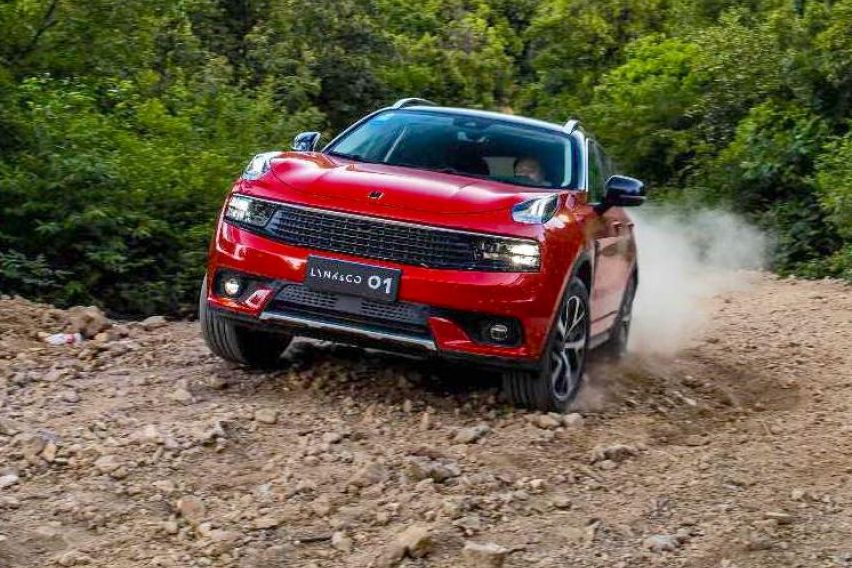
If Proton or Perodua were to start selling rebadged hybrid or electric cars in Malaysia, the selling prices will move up by at least 20 percent which brings them close to rival auto brands from Japan and also Korea.
With the government’s high interest in EV adoption, we will need Proton and Perodua to take quick action to introduce better-priced EVs (somewhere between RM 80,000 to RM 99,000), to follow on the suggestion of great EV growth by 2030 latest.
Given the existing charging market conditions, more investors should look at starting their entry into the EV charging infrastructure. Also along the way, energy providers will face great challenges to upgrade existing power generation infrastructure.
The serious barriers to an EV purchase in Malaysia, beyond the selling price, battery charging stations, and driving range, have changed.
We have to start embracing a new age of adopting EV cars around us and it starts with the National Car brands, Proton and Perodua. They need to lead to allow the average middle and lower-middle-class Malaysian to own an electric car.
Also read: Upcoming electric cars in Malaysia
Malaysia Autoshow
Trending & Fresh Updates
- Latest
- Popular
You might also be interested in
- News
- Featured Stories
Lynk & Co Featured Cars
- Upcoming






